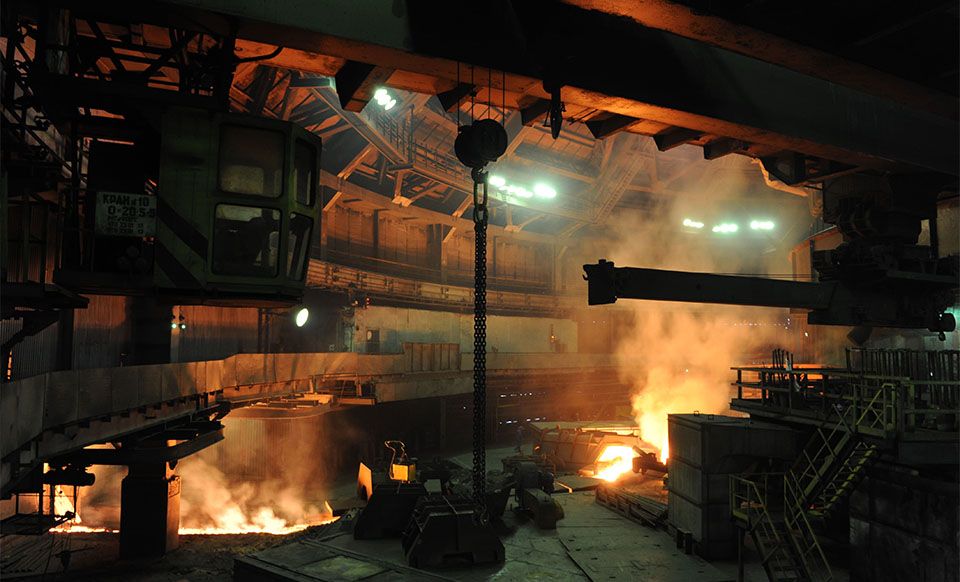Investigation: Leading Polish fashion retailer fakes exit from Russian market

Polish fast-fashion clothing and home accessories retailer LPP S.A. had allegedly been faking exit from the Russian market since spring 2022, U.S. investment research firm Hindenburg Research (Hindenburg) said in its investigation published on March 15.
LPP S.A. (LPP) is a $8.4 billion fashion retailer based in Poland, one of the largest fashion companies in Central and Eastern Europe. By the end of 2022, it had 553 stores in Russia, one-quarter of its 2,244 stores globally at those times.
As Russia's full-scale invasion of Ukraine began, LPP announced that it plans to distance itself from Russia by divesting its local division. LPP finalized the deal with an unnamed buyer in June 2022.
Later, LPP said it sold its Russian assets, namely Re Trading, to the Chinese consortium in a $382 million deal. According to Hindenburg, LPP actually sold its Russian assets to Far East Services, a Dubai-based shell company incorporated a day before the LPP's announcement on reaching an agreement to sell its Russian subsidiary.
"It (Far East Services) has no externally verifiable presence, track record in the fashion industry, or apparent associations with China," Hindenburg said.
Hindenburg called LPP's activity "a sham," as the investment firm detected accounting manipulations by the Polish retailer.
LPP's annual report reads that more than two-thirds of the revenue growth in 2022-23, representing $732 million or 20% of total revenue, came from the "Other" segment, which had never represented more than 2% during the last three years, according to Hindenburg's investigation.
"We believe LPP devised an elaborate sham 'divestment' to continue making money in Russia despite the devastating war while trying to deceive investors and consumers in Poland, Ukraine, and its other key markets," Hindenburg said.
Hindenburg also said that it sent secret shoppers to Far East Services stores in Moscow and St. Petersburg in December 2023 and found out that almost all the garments they photographed were identical to the collections in LPP's online catalogs in Poland.
The codes of Russian in-house products also matched with those in the Polish catalog, Hindenburg added.
LPP's shares fell by 24% in the Warsaw stock market after Hindenburg's report was published.













